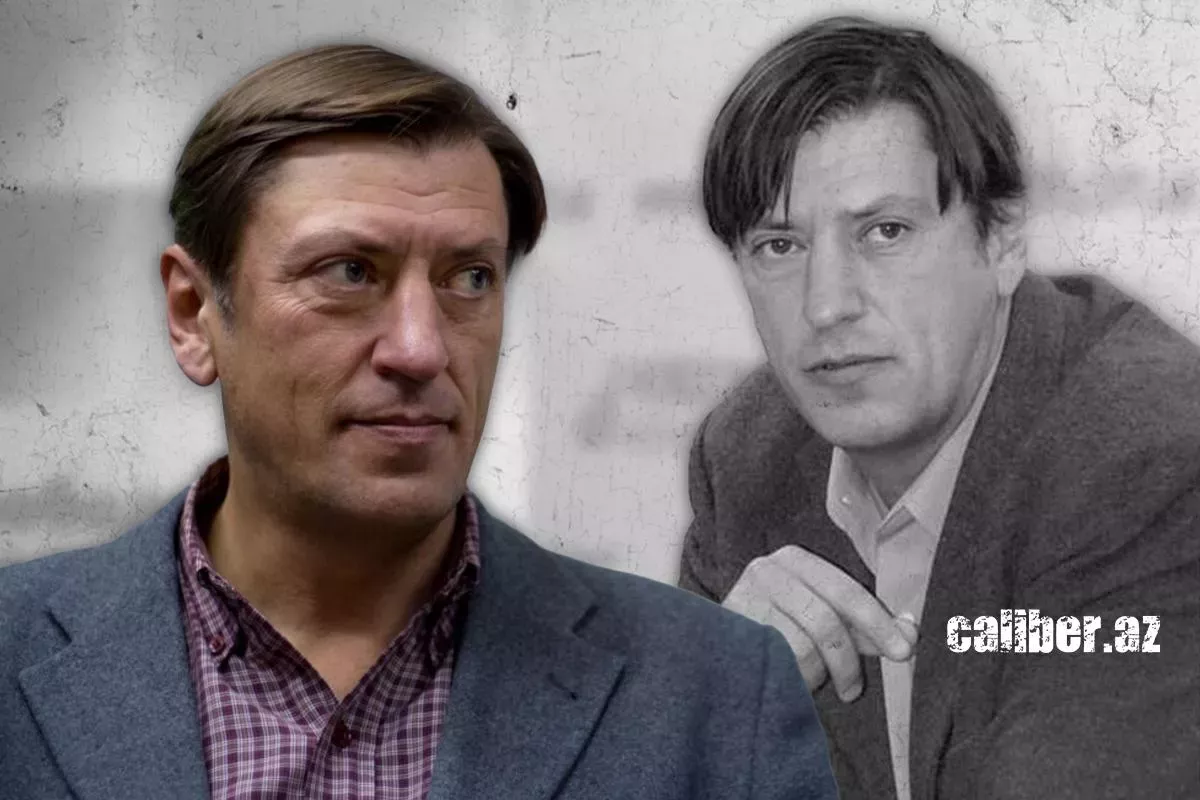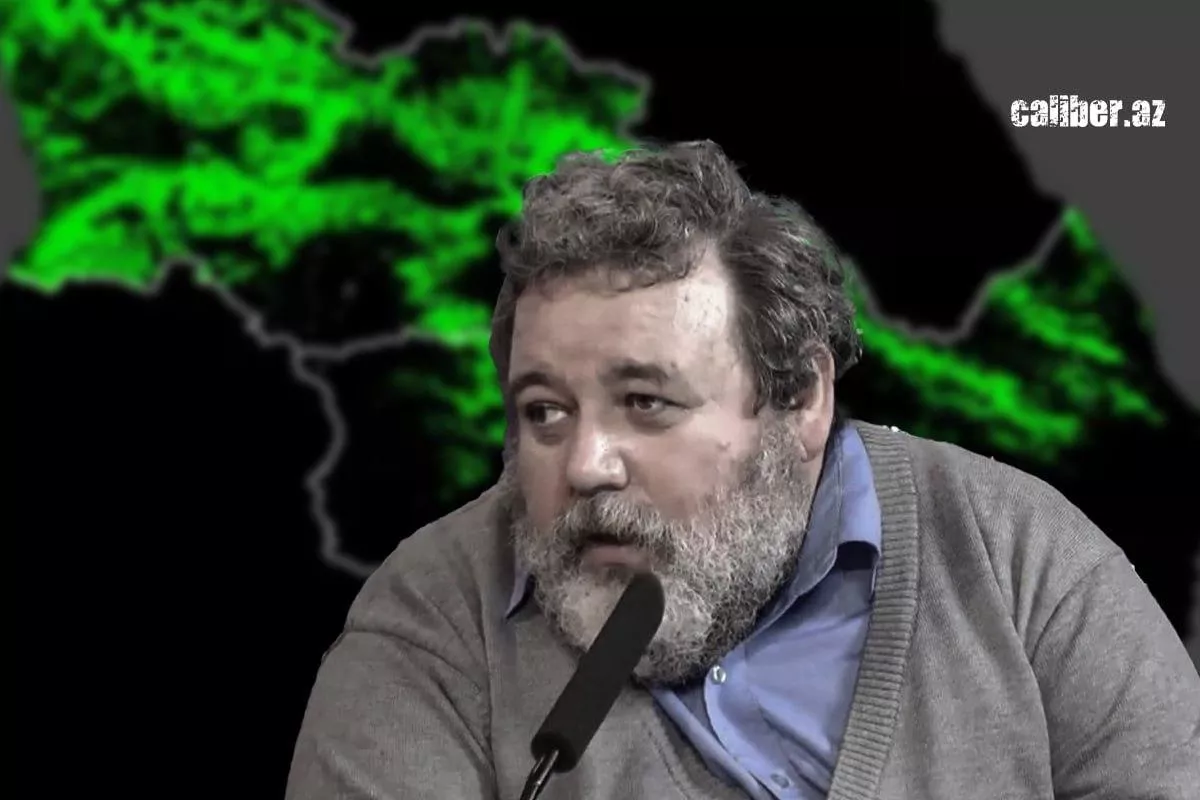Israel on brink of major war with Iran and Lebanon Expert insights
Israeli Foreign Minister Israel Katz has accused Iran of smuggling weapons into Jordan and then to the West Bank, stating that Tehran is working on creating an "eastern front" against Israel, according to the Arab publication Rai Alyoum.
"Iran is working to establish an eastern terror front against Israel through special units of the IRGC [Islamic Revolutionary Guard Corps], involved in smuggling weapons, funding, and directing terror organizations. In the first stage, they smuggle weapons into the Kingdom of Jordan, mainly through the Syrian border, attempting to destabilize the regime and turn the Israel-Jordan border from a peaceful one into a volatile front. From there, the weapons are smuggled into Judea and Samaria, particularly into Palestinian refugee camps, where an Iranian-Hamas terror infrastructure is being established," the minister added.
According to him, the Palestinian administration is unable to counter this threat, which also jeopardizes its own existence.
"Offensively, Israel must act decisively against the terror infrastructure being built on the ground, as we have already begun. Defensively, a security fence along the Israel-Jordan border must be constructed quickly to prevent an influx of advanced Iranian weapons. Furthermore, the U.S. and Western countries must strengthen the Kingdom of Jordan against Iranian subversion and enable it to defend its borders," the Israeli minister stated.
All measures must be taken decisively and swiftly, along with tightening sanctions against the Iranian regime to curb its subversive activities, emphasized Israel Katz.
How dangerous are these Iranian actions for overall stability in the Greater Middle East? Do Israel and its allies have the means and tools to counter such activities?
Caliber.Az has reached out to renowned regional experts for their insights on the situation.

Sergey Danilov, Deputy Director of the Kyiv Center for Middle Eastern Studies, notes that Jordan is a key element of stability in the Middle East.
"Jordan is home to a large Palestinian diaspora, which closely monitors and reacts emotionally to events in the Gaza Strip and the West Bank. The IRGC views Jordan as a transit point for transporting synthetic drugs from its laboratories in Syria to Saudi Arabia, and as a potential staging ground for attacks on Israel. The IRGC is openly frustrated with the royal family's policies, which resist turning Jordan into a transit hub for synthetic drugs and a platform for war. Along the Syrian border, the IRGC periodically orchestrates armed attacks by drug dealers on Jordanian border posts. The corps even distrusts Syrian border guards, interfering with the deployment of personnel and sometimes eliminating Syrian officers deemed insufficiently loyal," the expert said.
Moreover, he says, the problem is exacerbated by Netanyahu’s government, which has used the October 7 attack as a de facto means to abandon the Oslo Accords regarding the creation of a Palestinian state.
"This Israeli policy makes the Jordanian government vulnerable—it's easier for the Corps to spread its propaganda and recruit Palestinians for subversive activities both against Israel and against their own country. The situation is quite tense, but the royal court still has enough strength to counteract," Danilov stated.

Analyst, writer, and Deputy Editor-in-Chief of the Tel Aviv-based newspaper News of the Week (Novosti Nedeli), Petr Lyukimson, began by stating that the question is not whether Israel and its allies have the means to counter Iran's activities.
“If Israel wanted to, it could wipe Gaza off the map within a week, and literally destroy all of Lebanon’s infrastructure within 2-3 weeks, throwing the country back to the Stone Age. Dealing with Iran is undoubtedly more complex, but the same could be done if desired. Iran understands this and is therefore delaying a retaliatory strike in response to the elimination of Hamas leader Ismail Haniyeh in Tehran.. The question is whether we want to use these capabilities. And the answer is unequivocally: no. Not at the moment,” the analyst said.
He added that there are several reasons for this.
“Firstly, we understand that a war with Lebanon would result in casualties among our population, and the same can be said for a war with Iran, which could potentially escalate into a global conflict.
Secondly, we have no intention of destroying the people of Lebanon or Iran, and we do not want casualties among the populations of these countries. That is why, at this stage, the Israeli Foreign Minister has decided to focus efforts on diplomatic measures. Currently, the main objective in the Gaza conflict (after Israel regained control of the Philadelphi Corridor for the first time since 2005) is to halt the massive flow of Iranian weapons coming through Jordan into Judea and Samaria (the West Bank).
We have no grievances against the Jordanian authorities: we understand how difficult it is for King Abdullah II to maintain power and control his radicals. Our concerns are with Iran, and here, strong international sanctions could potentially influence Tehran and compel it to stop supplying weapons to Hamas, Hezbollah, and the Yemeni Houthis. This is not only in Israel's interest but also in the interest of the entire world, as the Houthis have already dealt a tremendous blow to global shipping and, by extension, to the global economy. Moreover, they have halted several significant joint projects between Israel and Saudi Arabia aimed at creating a new transcontinental transportation corridor.
Israel is currently teetering on the brink of a major war with Iran and Lebanon, and I believe the outcome will be determined by the end of 2024 or the beginning of 2025. This war could be devastating for everyone, and ultimately, no one truly wants it. However, let me remind you that no one actually wanted the First World War either, but in the end, everyone was drawn into it, leading to truly catastrophic consequences for both Russia and the West,” Lyukimson concluded.








